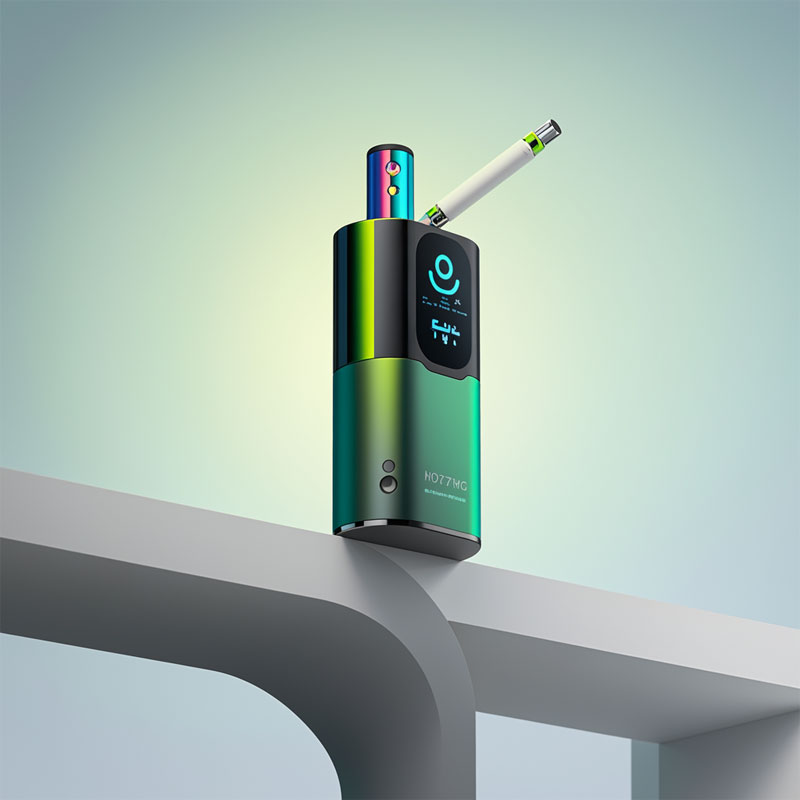Indonesia has become one of the significant markets for e-cigarette products as the popularity of vaping continues to rise globally. However, navigating the import rules and regulations surrounding e-cigarettes in Indonesia can be complex. Understanding the nuances of these regulations is crucial for businesses looking to tap into this lucrative market.

Overview of Indonesia’s E-Cigarette Regulations
E-cigarettes, often viewed as a safer alternative to traditional tobacco products, have their own set of rules in Indonesia, which differ significantly from other countries. The Indonesian government regulates them under the Ministry of Trade and the National Agency of Drug and Food Control (BPOM). Importers must adhere strictly to these guidelines to avoid legal complications.
Licensing and Registration
Before importing e-cigarettes into Indonesia, businesses must secure a proper business license and have their products registered with BPOM. This step ensures that all e-cigarette products meet the health and safety standards set by the government.
Tariffs and Taxes
Indonesia imposes specific tariffs and taxes on imported e-cigarettes. These include excise duties, which are part of the government’s strategy to regulate vaping products. It’s essential for importers to understand the tax obligations and incorporate these costs into their pricing strategy.
Challenges Faced by Importers
Importers often face multiple challenges when entering the Indonesian market. Language barriers, fluctuating regulations, and the bureaucratic processes associated with licensing and registration can be daunting. Additionally, the government’s frequent adjustments in regulations require importers to stay abreast of new policies continuously.
Understanding Market Demand
Despite regulatory hurdles, there is a growing demand for e-cigarettes in Indonesia. Importers must conduct thorough market research to understand consumer preferences and trends. Engaging with local distributors can also provide valuable insights into the market dynamics.
Compliance and Ethics
Compliance with local laws and ethical business practices is non-negotiable. Importers are advised to maintain transparency in their operations and ensure that their marketing strategies are in line with Indonesian cultural norms and regulations.
Benefits of Entering the Indonesian Market
Despite the challenges, the Indonesian e-cigarette market offers significant opportunities. With a large young population and increasing acceptance of vaping, there is a potential for substantial growth. Importers who successfully navigate the regulatory landscape can establish a strong foothold in this burgeoning market.
Future Outlook
The Indonesian government is likely to continue evolving its regulations concerning e-cigarettes as global trends and domestic attitudes towards vaping change. Importers should maintain a flexible business strategy to adapt to these changes swiftly.
Conclusion
Entering the Indonesian e-cigarette market requires a thorough understanding of the import rules and regulations. Businesses that succeed in navigating these complexities can capitalize on a rapidly growing market. Staying informed about regulatory changes and engaging with local partners are key components of a successful entry strategy.

FAQs
Q: What are the key regulatory bodies overseeing e-cigarette imports in Indonesia?
A: The main regulatory bodies are the Ministry of Trade and the National Agency of Drug and Food Control (BPOM).
Q: Are there specific tariffs on e-cigarettes in Indonesia?
A: Yes, there are specific excise duties and taxes imposed on imported e-cigarettes.
Q: How can importers keep up with changes in regulations?
A: Importers should stay updated through government publications and maintain communication with regulatory bodies and industry associations.
